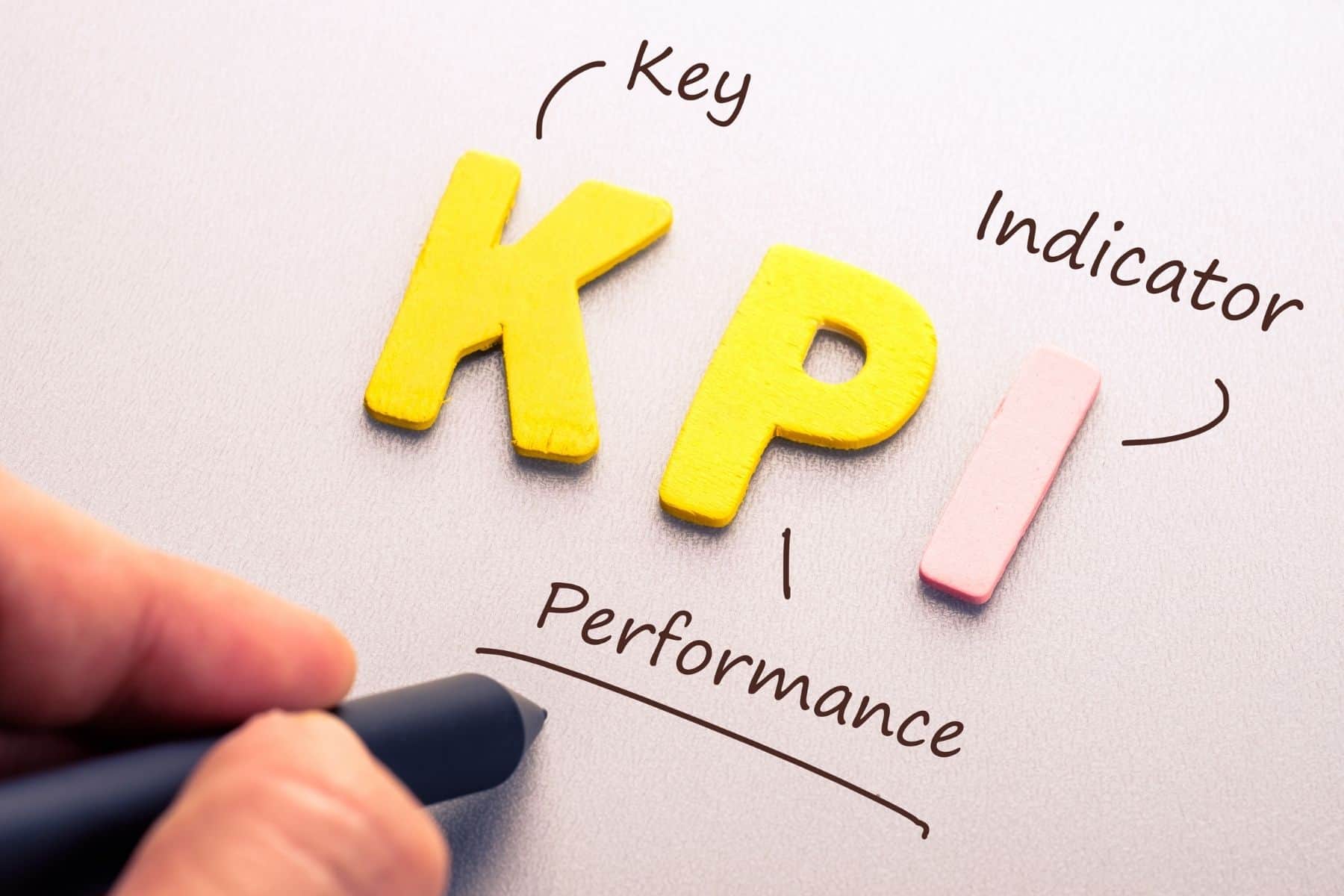
Streamlining Business Goals with the 'AFTERs' Approach
by Tara Covell
Listen to Audio Version:
As leaders, it's easy to get entangled in the web of day-to-day operational duties, so much so that you can forget to articulate your bigger goals. At The Alternative Board (TAB), we believe in the power of specificity, and we're here to remind you that knowing and voicing your aspirations is fundamental to success.
According to communications expert Andy Bounds, we frequently stumble upon an interesting paradox: individuals often struggle to verbalise what they genuinely want. Whether it's the fear of appearing demanding or the ambiguity stemming from an array of potential outcomes, it's a challenge that crosses boundaries - from personal relationships to corporate boardrooms.
Let's delve into this issue, outlining why it's essential to overcome this hurdle and provide you with practical strategies to become more precise in communicating your business needs.
Why Articulate Your Wants Clearly?
Being transparent and explicit about what you want can profoundly affect your business outcomes. It's a principle as simple as it sounds: clear requests equal clear results. In a world where time is the most valued commodity, no one has the luxury to decipher vague and cloudy objectives. The more precise you are with your aims, the more efficiently your team, partners, and even your clients can help you achieve them.
The 'AFTERs' Method: Your Tool for Success
Andy Bounds has introduced a brilliant tool to help us in this venture: the 'AFTERs' method. It's a method designed to help you shape your thoughts, goals, and objectives, aiding you in expressing what you want - clearly, concisely, and unequivocally.
The 'AFTERs' method requires you to consider what you want to happen AFTER your action or request. For instance, if you're about to schedule a meeting with your team, ask yourself, "What do I want to occur after this meeting?" This could be a range of things from "I want my team to understand our new sales strategy" to "I want my team to start implementing these methods immediately."
The clarity from this simple adjustment can be genuinely transformative, paving the way for smoother operations, better relationships, and, ultimately, a more successful business.
In Practice
As leaders, we often find ourselves setting targets for our teams. Let's apply the 'AFTERs' technique to this scenario:
Instead of saying, "Increase sales", which is vague and can lead to misinterpretation, you might say, "I want us to increase sales of our X product by 15% in the next quarter to increase our market share in the Y region." Here, the 'AFTER' is specific - a 15% increase in sales for a specific product in a specified timeframe and region. This clear directive will help your team align their actions more effectively with the end goal.
The AFTERs for Everyone
The beauty of the 'AFTERs' method is that it's not just for the leaders. It's a tool that everyone in your organisation can utilise to streamline communication, ensuring everyone is on the same page with the same goals. Encourage your team to start thinking in 'AFTERs'. This will foster a culture of clarity and mutual understanding that will undeniably propel your business towards success.
...
In conclusion, defining and voicing your wants is not about being demanding. It's about being effective. By employing Andy's 'AFTERs' method, we can ensure that our communication is precise, our teams are aligned, and our business thrives. And remember, at TAB, we're always here to support your entrepreneurial journey.
Stay focused, articulate your desires, and watch your business flourish.
Related articles

The secret to an effective SWOT analysis for business owners
What is the best way for business owners to conduct a SWOT Analysis. Here is our guide that considers a slightly different SWOT approach.

Building Back Better
How is your business going to come back from the pandemic? Ed Reid talks about the excitement business owners should be embracing.

What are SMART KPIs and How Can I Apply Them?
Successful businesses should implement SMART KPIs into their business strategy. But, then, how can your team effectively apply these KPIs?





